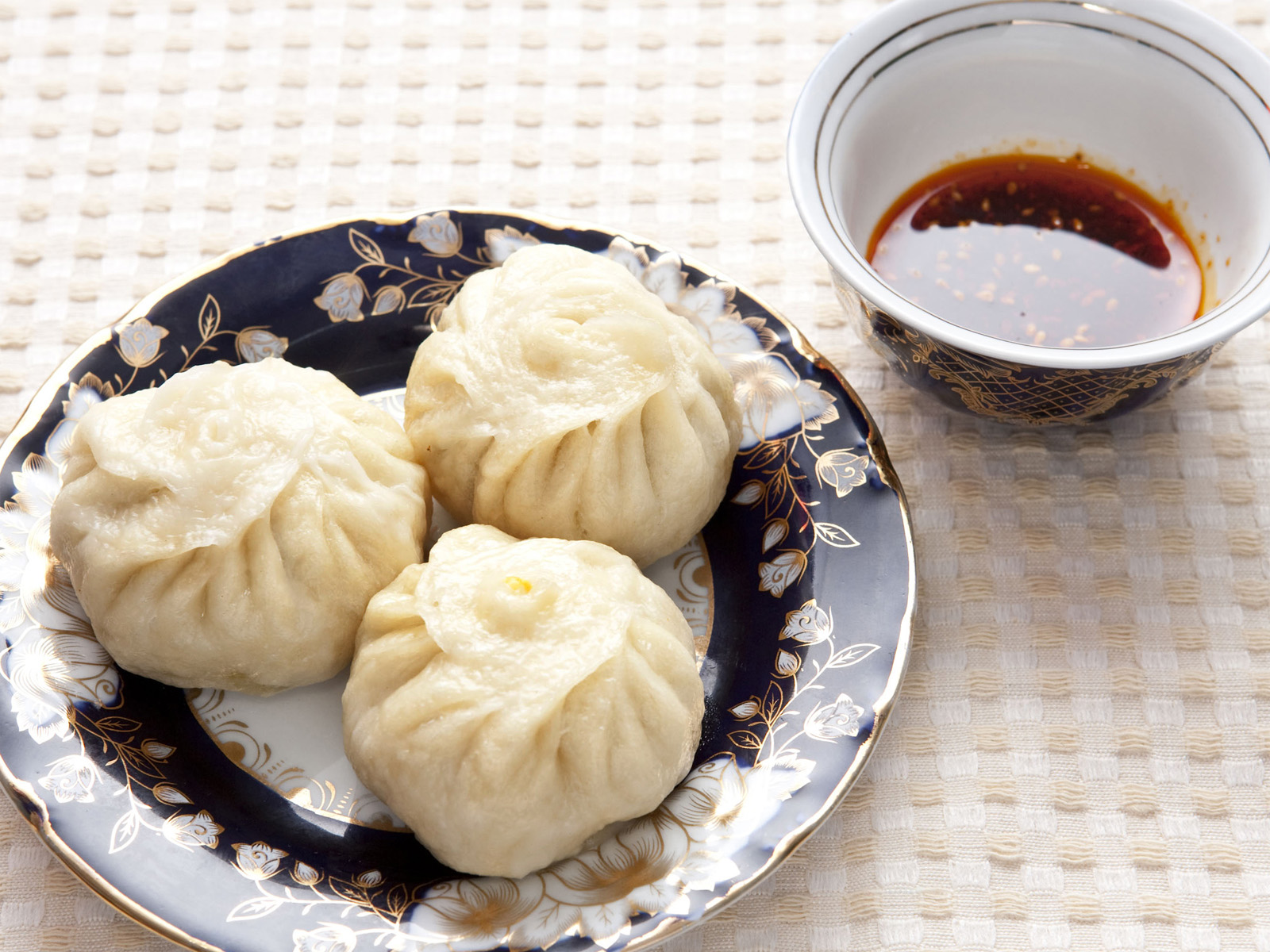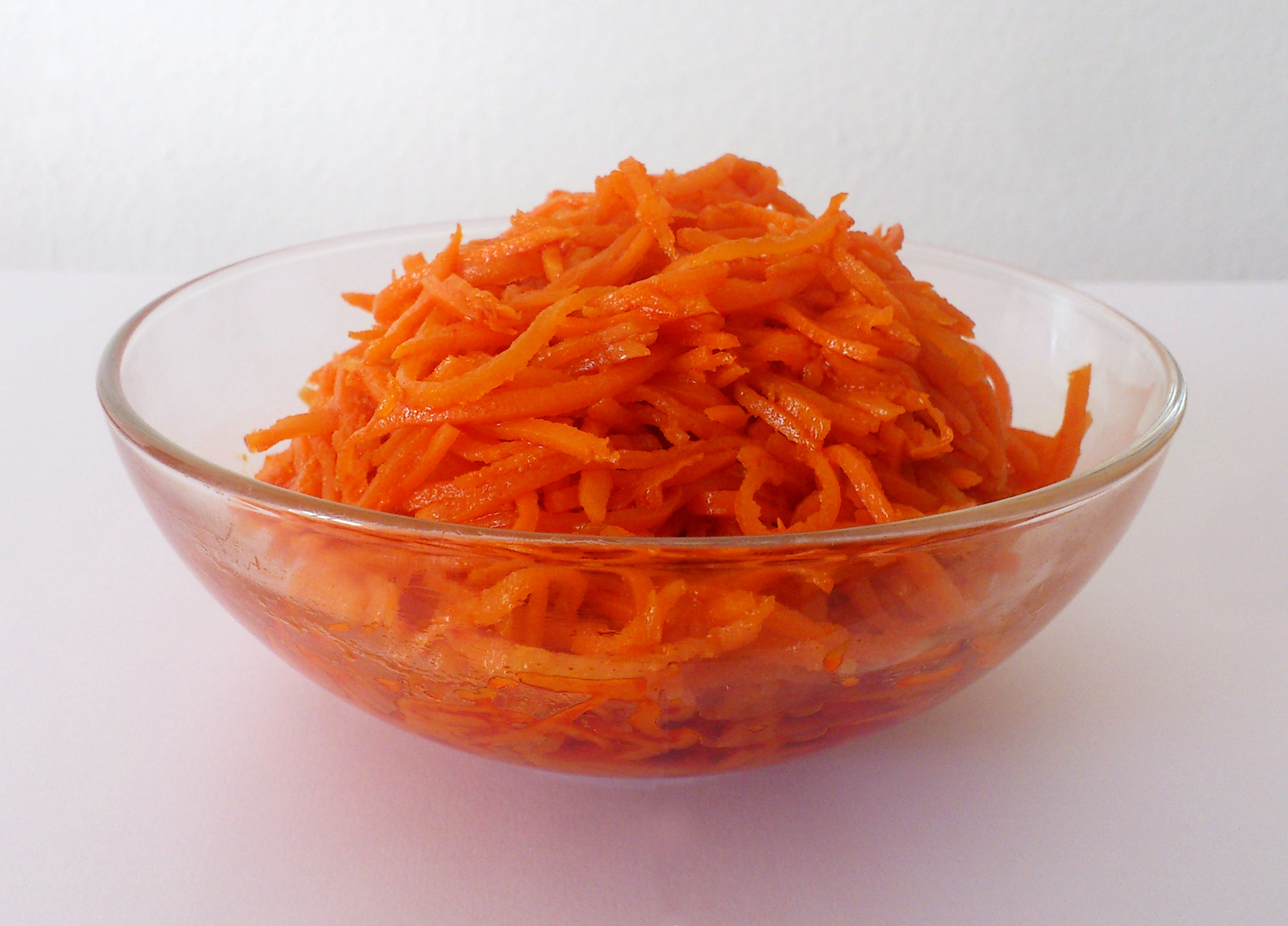|
Pigodi
''Pyanse'' (russian: пянсе, ) or ''pigodi'' (russian: пигоди, ''pigodya'' , ) is a Russian cuisine, Russo-Korean cuisine, Korean steamed pie, bun, or mandu (food), dumpling stuffed with cabbage and meat. It is a popular dish in the Russian Far East, as well as in Koryo-saram communities of Central Asia. Etymology The Russian language, Russian word ''pigodi'' (, plural) derived from ''pigodya'' (, singular), which is the Russian transcription of the Koryo-mar word ''begoja'' (). History ''Pyanse'' is said to have first made in Kholmsk, Russia by Sakhalin Koreans in the early 1980s, as an adaptation of Korean ''mandu (food), wang-mandu'' ("king dumpling"). It has been the most popular street food in Vladivostok since the early 1990s, and became popular in Moscow in the 2010s. See also * Morkovcha References {{Dumplings Dumplings Russian Korean cuisine Steamed buns Street food in Russia Soviet cuisine ... [...More Info...] [...Related Items...] OR: [Wikipedia] [Google] [Baidu] |
Koryo-saram
Koryo-saram ( ko, 고려사람; russian: Корё сарам; uk, Корьо-сарам) is the name which ethnic Koreans in the post-Soviet states use to refer to themselves. The term is composed of two Korean words: "", a historical name for Korea, and "", meaning "person" or "people". Approximately 500,000 ethnic Koreans reside in the former Soviet Union, primarily in the now-independent states of Central Asia. There are also large Korean communities in Southern Russia (around Volgograd), Russian Far East (around Vladivostok), the Caucasus and southern Ukraine. These communities can be traced back to the Koreans who were living in the Russian Far East during the late 19th century. There is also a separate ethnic Korean community on the island of Sakhalin, typically referred to as Sakhalin Koreans. Some may identify as Koryo-saram, but many do not. Unlike the communities on the Russian mainland primarily descended from Koreans who arrived in the late 19th century and early 20 ... [...More Info...] [...Related Items...] OR: [Wikipedia] [Google] [Baidu] |
Mandu (food)
''Mandu'' (), or mandoo, are dumplings in Korean cuisine. * ''Mandu'' can be steamed, boiled, pan-fried, or deep-fried. The styles also vary across regions in the Korean Peninsula. ''Mandu'' were long part of Korean royal court cuisine, but are now found in supermarkets, restaurants, and snack places such as ''pojangmacha'' and ''bunsikjip'' throughout Korea. Names and etymology The name is cognate with the names of similar types of meat-filled dumplings along the Silk Road in Central Asia, such as Uyghur ''manta'' (), Turkish ', Kazakh '' mänti'' (), Uzbek ', Afghan ' and Armenian '' mantʿi'' (). Chinese ''mántou'' (; ) is also considered a cognate, which used to mean meat-filled dumplings, but now refers to steamed buns without any filling. ''Mandu'' can be divided into ''gyoja'' () type and ''poja'' () type. In Chinese, the categories of dumplings are called ''jiǎozi'' (; ) and ''bāozi'' () respectively, which are cognates with the Korean words. In Japanese, the forme ... [...More Info...] [...Related Items...] OR: [Wikipedia] [Google] [Baidu] |
The Moscow Times
''The Moscow Times'' is an independent English-language and Russian-language online newspaper. It was in print in Russia from 1992 until 2017 and was distributed free of charge at places frequented by English-speaking tourists and expatriates such as hotels, cafés, embassies, and airlines, and also by subscription. The newspaper was popular among foreign citizens residing in Moscow and English-speaking Russians. In November 2015 the newspaper changed its design and type from daily to weekly (released every Thursday) and increased the number of pages to 24. The newspaper became online-only in July 2017 and launched its Russian-language service in 2020. In 2022, its headquarters were relocated to Amsterdam Amsterdam ( , , , lit. ''The Dam on the River Amstel'') is the Capital of the Netherlands, capital and Municipalities of the Netherlands, most populous city of the Netherlands, with The Hague being the seat of government. It has a population ... in the Netherlands in ... [...More Info...] [...Related Items...] OR: [Wikipedia] [Google] [Baidu] |
Dumplings
Dumpling is a broad class of dishes that consist of pieces of dough (made from a variety of starch sources), oftentimes wrapped around a filling. The dough can be based on bread, flour, buckwheat or potatoes, and may be filled with meat, fish, tofu, cheese, vegetables, fruits or sweets. Dumplings may be prepared using a variety of methods, including baking, boiling, frying, simmering or steaming and are found in many world cuisines. In the United States in May 2015 National Day Calendar listed National Dumpling Day as held on September 26, annually. African Banku and kenkey are defined as dumplings in that they are starchy balls of dough that are steamed. They are formed from fermented cornmeal. Banku is boiled and requires continuous kneading, while kenkey is partly boiled then finished by steaming in corn or banana leaves. Tihlo—prepared from roasted barley flour—originated in the Tigray region of Ethiopia and is now very popular in Amhara as well and spread ... [...More Info...] [...Related Items...] OR: [Wikipedia] [Google] [Baidu] |
Morkovcha
Morkovcha (Koryo-mar: /), also known as Korean-style carrots (russian: морковь по-корейски, morkov' po-koreyski) or Korean carrot salad ( uz, koreyscha sabzili salat), is a spicy marinated carrot salad. It is a Koryo-saram variant of kimchi. History Koryo-saram (ethnic Koreans located in post-Soviet countries) created the dish as they did not have supplies of Baechu cabbage, the main ingredient in traditional kimchi. In Central Asia, where many Koryo-saram have lived since the deportation of 1937, the salad is also named morkovcha, which is a combination of Russian ''morkov'' ("carrot") and Koryo-mar ''cha'', derived from Korean ''chae'' () meaning salad-type banchan. The salad was unknown in South Korea until recently, when Russo-Koreans' return migration as well as Russian and Central Asian immigration became common. However, it has gained an international following, being served in most cafeterias throughout post-Soviet countries, sold in many supermarkets ... [...More Info...] [...Related Items...] OR: [Wikipedia] [Google] [Baidu] |
Moscow
Moscow ( , US chiefly ; rus, links=no, Москва, r=Moskva, p=mɐskˈva, a=Москва.ogg) is the capital and largest city of Russia. The city stands on the Moskva River in Central Russia, with a population estimated at 13.0 million residents within the city limits, over 17 million residents in the urban area, and over 21.5 million residents in the metropolitan area. The city covers an area of , while the urban area covers , and the metropolitan area covers over . Moscow is among the world's largest cities; being the most populous city entirely in Europe, the largest urban and metropolitan area in Europe, and the largest city by land area on the European continent. First documented in 1147, Moscow grew to become a prosperous and powerful city that served as the capital of the Grand Duchy that bears its name. When the Grand Duchy of Moscow evolved into the Tsardom of Russia, Moscow remained the political and economic center for most of the Tsardom's history. When th ... [...More Info...] [...Related Items...] OR: [Wikipedia] [Google] [Baidu] |
Vladivostok
Vladivostok ( rus, Владивосто́к, a=Владивосток.ogg, p=vɫədʲɪvɐˈstok) is the largest city and the administrative center of Primorsky Krai, Russia. The city is located around the Zolotoy Rog, Golden Horn Bay on the Sea of Japan, covering an area of , with a population of 600,871 residents as of 2021. Vladivostok is the second-largest city in the Far Eastern Federal District, as well as the Russian Far East, after Khabarovsk. Shortly after the signing of the Treaty of Aigun, the city was founded on July 2, 1860 as a Russian military outpost on formerly Chinese land. In 1872, the main Russian naval base on the Pacific Ocean was transferred to the city, stimulating the growth of modern Vladivostok. After the outbreak of the Russian Revolution in 1917, Vladivostok was Allied intervention in the Russian Civil War, occupied in 1918 by White Russian and Allies_of_World_War_I, Allied forces, the last of whom from Japan were not withdrawn until 1922; by that tim ... [...More Info...] [...Related Items...] OR: [Wikipedia] [Google] [Baidu] |
Kholmsk
Kholmsk (russian: Холмск), known until 1946 as Maoka ( ja, 真岡), is a port town and the administrative center of Kholmsky District of Sakhalin Oblast, Russia. It is located on the southwest coast of the Sakhalin Island, on coast of the gulf of Nevelsky in the Strait of Tartary of the Sea of Japan, west of Yuzhno-Sakhalinsk. Population: History It was founded in 1870 as a military post. After the Russo-Japanese War of 1904-1905, it was transferred to Japanese control, along with the rest of southern Sakhalin, under the Treaty of Portsmouth. The Japanese renamed it Maoka (), it is said to mean "quiet place" in Ainu language. On August 20, 1945, a combined marine battalion and the 113th infantry brigade landed in Port Maoka. They were preceded by a group of scouts, landed secretively by submarine Sh-118, in the Maoka area to successfully complete their task. However, Japanese resistance was desperate, and the landing party had to fight particularly fiercely. Japanese ... [...More Info...] [...Related Items...] OR: [Wikipedia] [Google] [Baidu] |
Korean Broadcasting System
The Korean Broadcasting System (KBS) () is the national broadcaster of South Korea. Founded in February 1927, it is one of the leading South Korean television and radio broadcasters. KBS operates seven radio networks, ten television channels, and multiple Internet-exclusive services. Its flagship terrestrial television stations KBS1 broadcasts on channel 9, while KBS1 sister channel KBS2, an entertainment oriented network, broadcasts on channel 7. KBS also operates the international service KBS World, which provides television, radio, and online services in twelve different languages. History Early radio broadcasts The KBS began as Keijo Broadcasting Station (경성방송국, 京城放送局) with call sign JODK, established by the Governor-General of Korea on 16 February 1927. It became the in 1932. After Korea was liberated from Japanese rule at the end of World War II, this second radio station started using the call sign HLKA in 1947 after the Republic of Korea was grant ... [...More Info...] [...Related Items...] OR: [Wikipedia] [Google] [Baidu] |
Koryo-mar
, , or ( ko, 고려말, russian: Корё мар), otherwise known as () by speakers of the dialect, is a dialect of Korean spoken by the Koryo-saram, ethnic Koreans in the countries of the former Soviet Union. It is descended from the Hamgyŏng dialect and multiple other varieties of Northeastern Korean. Koryo-mar is often reported as difficult to understand by speakers of standard Korean; this may be compounded by the fact that the majority of Koryo-saram today use Russian and not Korean as their first language. According to German Kim, Koryo-mar is not widely used in the media and is not taught in schools. Thus it can be classified as endangered. Names In the speech of Koryo-saram, the language is referred to as ( / ), with several alternative pronunciations, including () and (). In South Korea, the dialect is referred to as Goryeomal () or Central Asian Korean (). In Russia and other former Soviet states, the language is referred to as () or (), of which the for ... [...More Info...] [...Related Items...] OR: [Wikipedia] [Google] [Baidu] |
Russian Language
Russian (russian: русский язык, russkij jazyk, link=no, ) is an East Slavic languages, East Slavic language mainly spoken in Russia. It is the First language, native language of the Russians, and belongs to the Indo-European languages, Indo-European language family. It is one of four living East Slavic languages, and is also a part of the larger Balto-Slavic languages. Besides Russia itself, Russian is an official language in Belarus, Kazakhstan, and Kyrgyzstan, and is used widely as a lingua franca throughout Ukraine, the Caucasus, Central Asia, and to some extent in the Baltic states. It was the De facto#National languages, ''de facto'' language of the former Soviet Union,1977 Soviet Constitution, Constitution and Fundamental Law of the Union of Soviet Socialist Republics, 1977: Section II, Chapter 6, Article 36 and continues to be used in public life with varying proficiency in all of the post-Soviet states. Russian has over 258 million total speakers worldwide. ... [...More Info...] [...Related Items...] OR: [Wikipedia] [Google] [Baidu] |
The Diplomat
''The Diplomat'' is an international online news magazine covering politics, society, and culture in the Indo-Pacific region. It is based in Washington, D.C. It was originally an Australian bi-monthly print magazine, founded by Minh Bui Jones, David Llewellyn-Smith and Sung Lee in 2001, but due to financial reasons it was converted into an online magazine in 2009 and moved to Japan and later Washington, D.C. The magazine is currently owned by MHT Corporation. History ''The Diplomat'' was originally an Australian bi-monthly print magazine, founded by Minh Bui Jones, David Llewellyn-Smith and Sung Lee in 2001. The first edition was published in April 2002, with Bui Jones as the founding editor and Llewellyn-Smith the founding publisher. The magazine was acquired by James Pach through his company Trans-Asia Inc. in December 2007. Pach assumed the role of executive publisher and hired former ''Penthouse'' editor Ian Gerrard to update its presentation. Nonetheless, the print ed ... [...More Info...] [...Related Items...] OR: [Wikipedia] [Google] [Baidu] |





_한국방송공사_(5481447848).jpg)